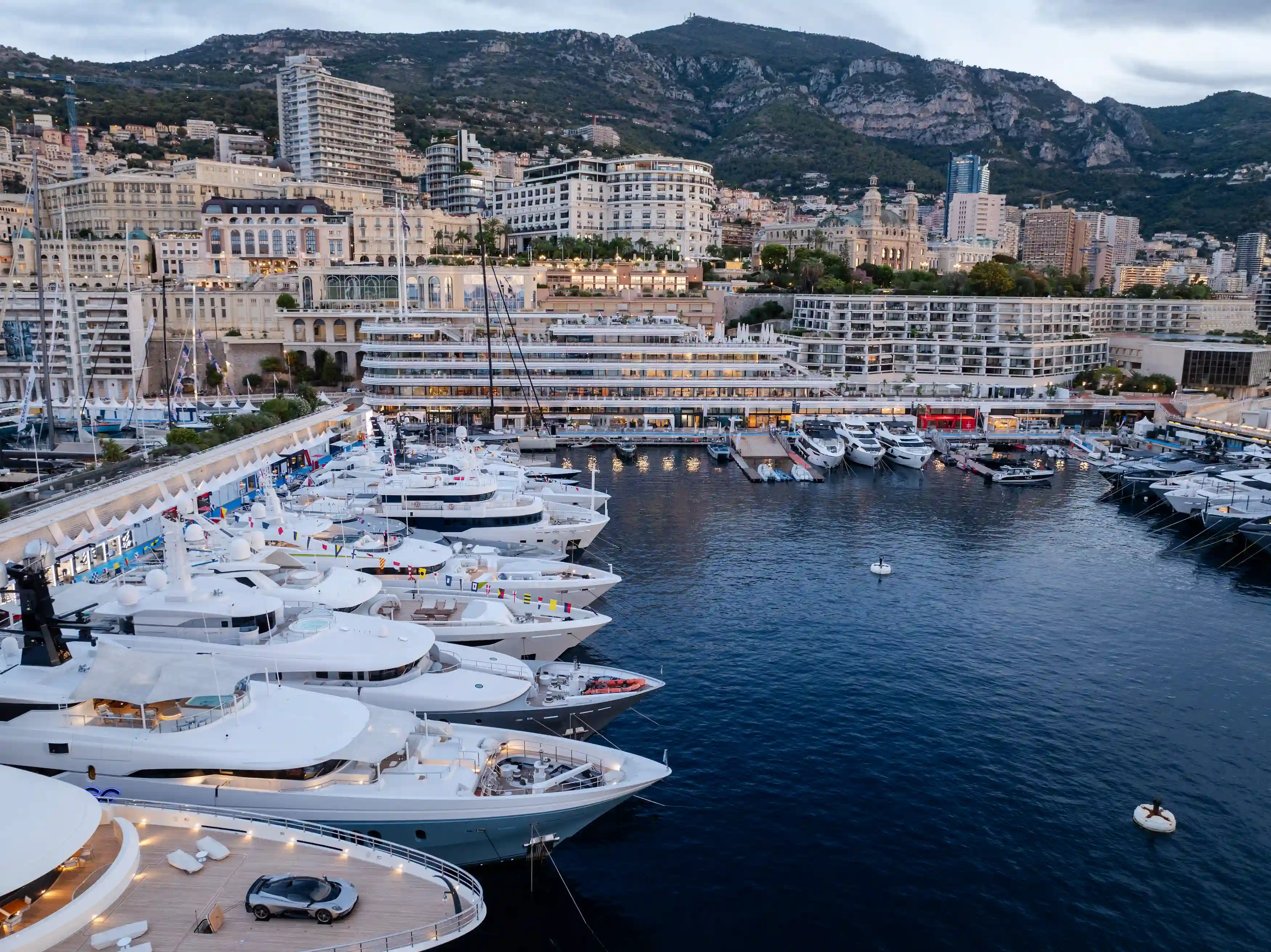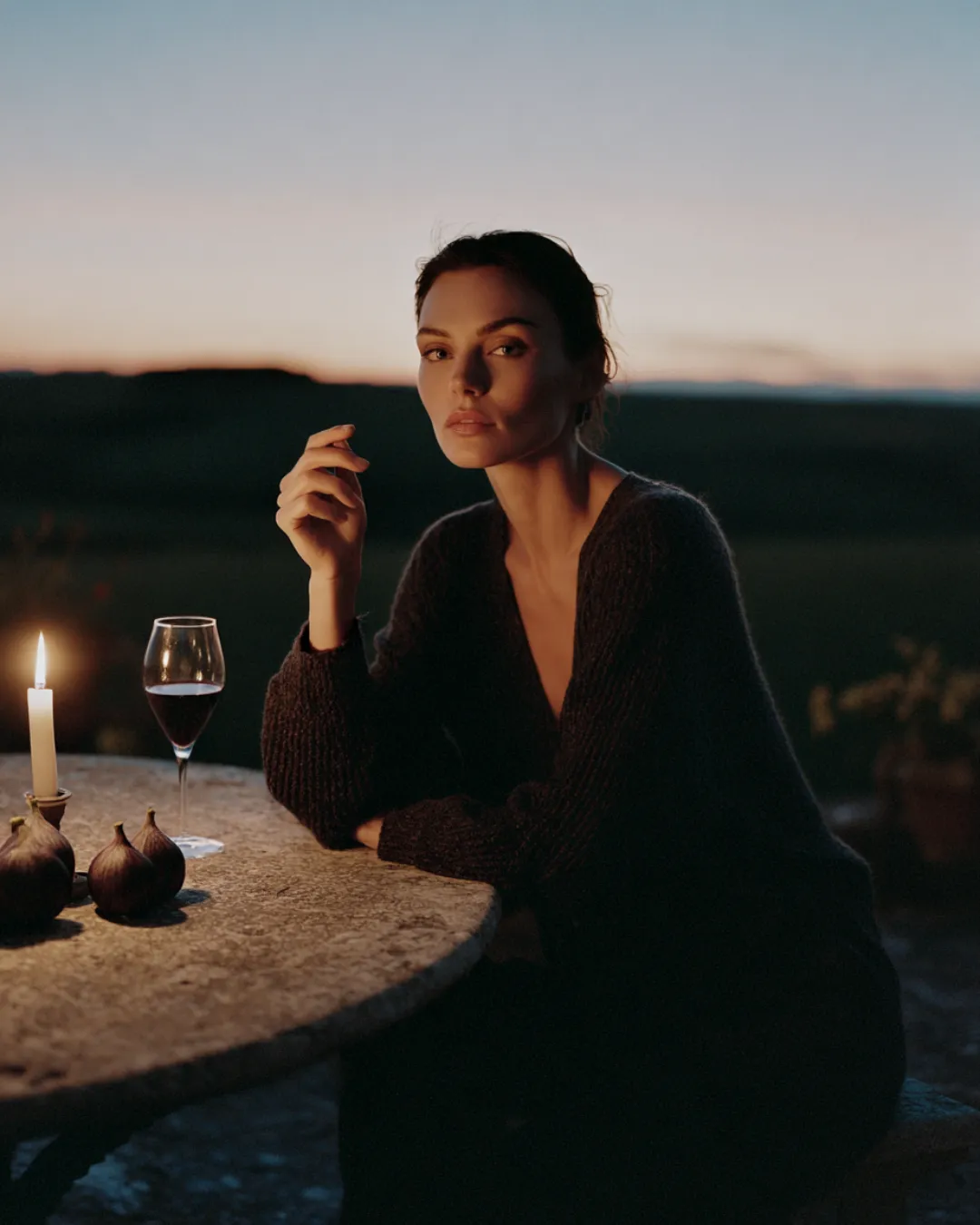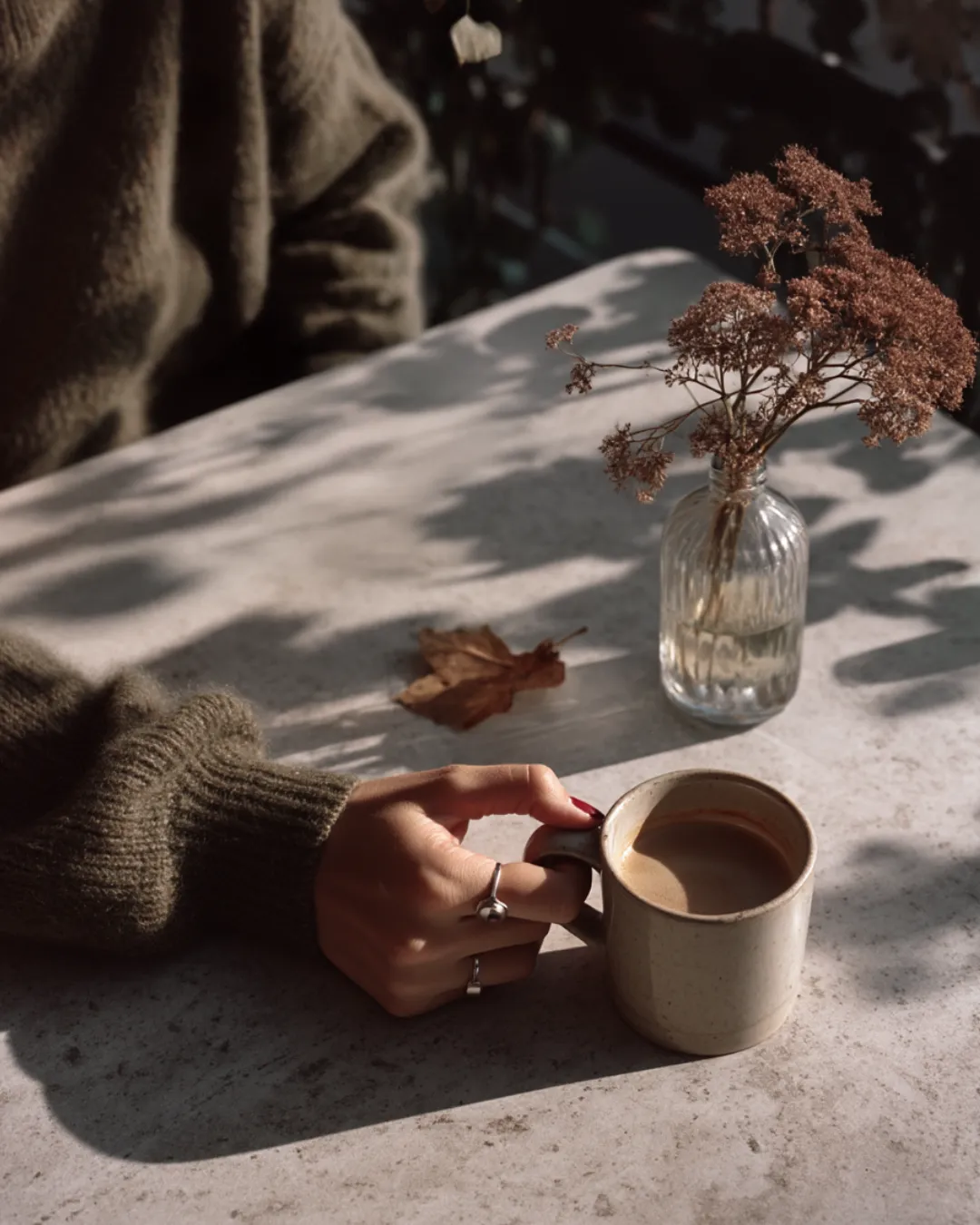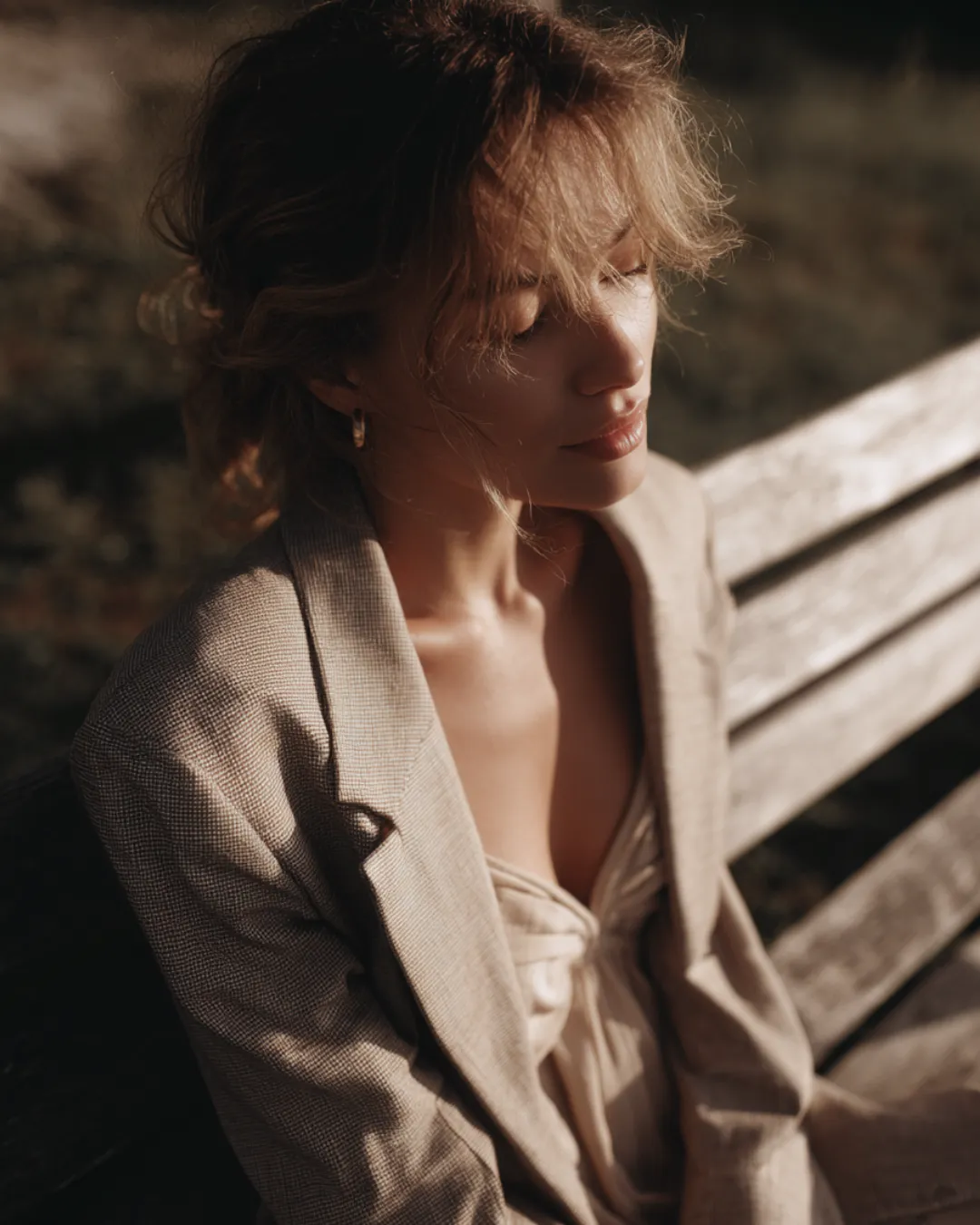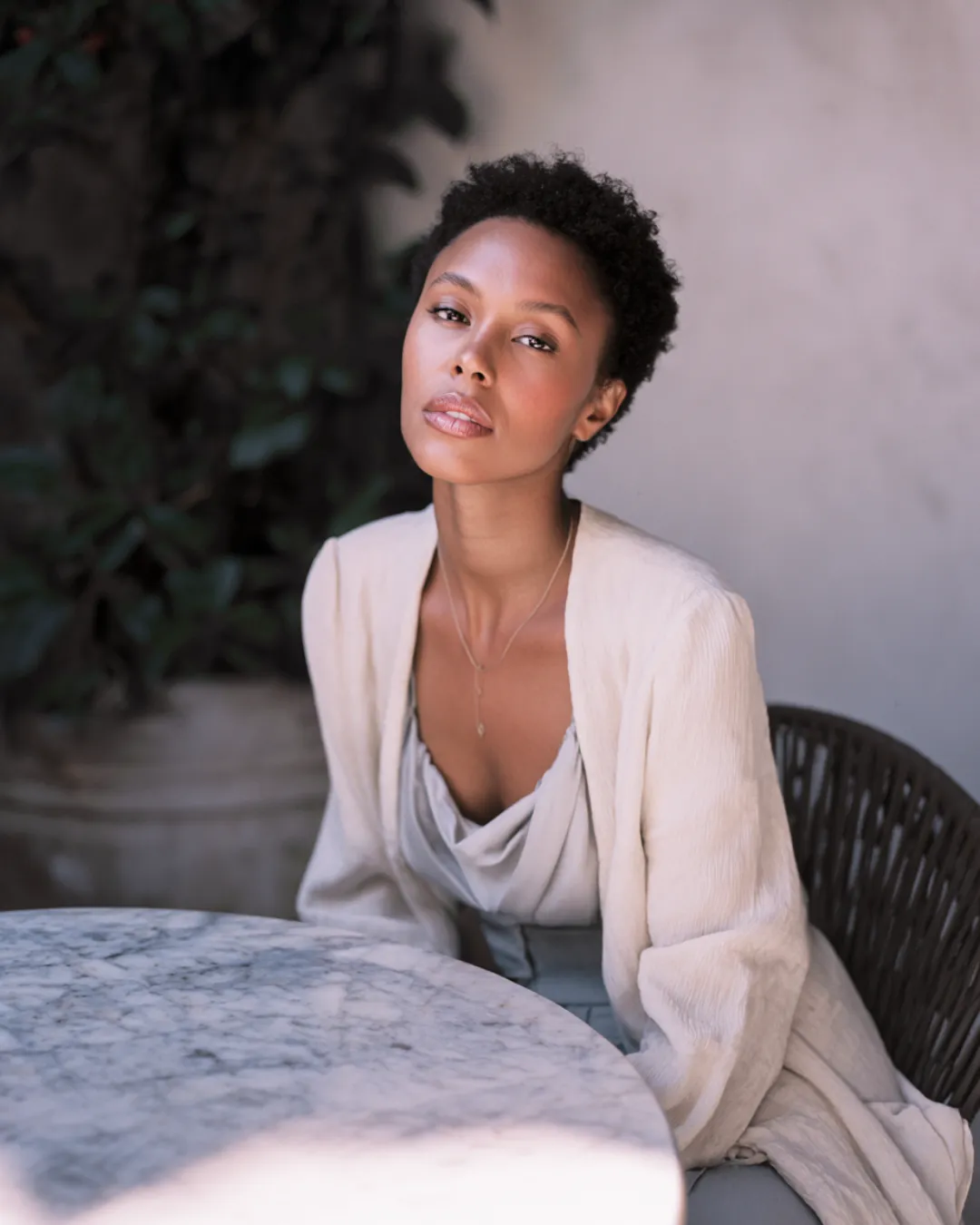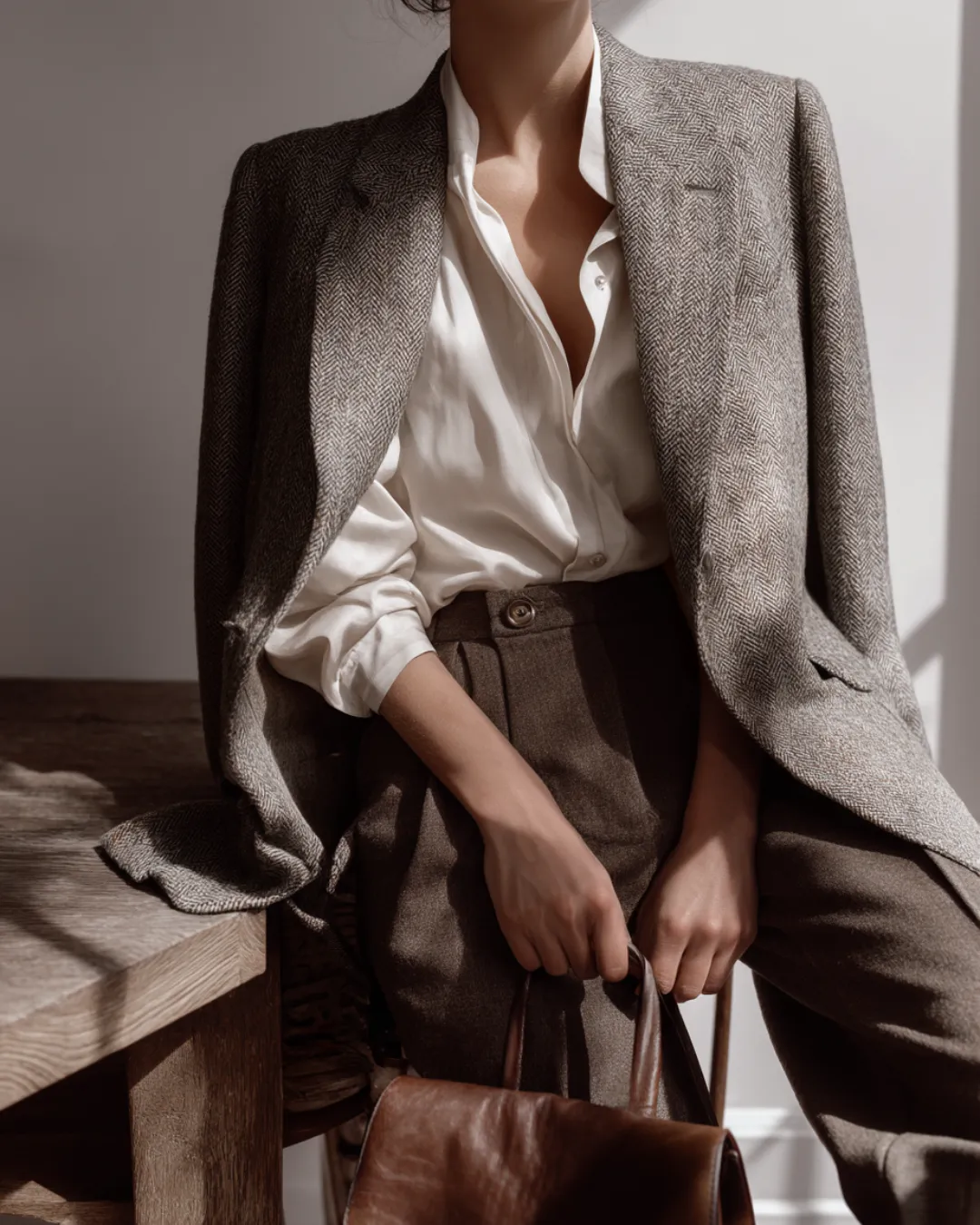Inside the NYC Ballet Fall Fashion Gala 2025

Courtesy of Astra Marina Cabras
Courtesy of LA Art Show
Courtesy of Lukas Gansterer
Courtesy of Henge
Courtesy of Andreas Simopoulos
Courtesy of Dave Benett
Courtesy of Japan Mobility Show
Courtesy of ART Cologne
Courtesy of whenobjectswork / Kate Hume
Courtesy of Ivan Erofeev
Courtesy of Stéphane ABOUDARAM - WE ARE CONTENT(S)
Courtesy of Sacha Moreau / Global Gift Gala Monaco
Courtesy of Fadi Al Shami
Courtesy of Sofia Hartmann
Courtesy of Historyhd
Courtesy of Mick De Paola
Courtesy of the artist (c) VG Bild-Kunst, Bonn 2025. Photography by Jens Ziehe.
Courtesy of Yasamine June
Courtesy of Rawisara Prachaksubhanit
Courtesy of Mariia Dred for Berlin Fashion Week
Courtesy of Michael Fousert
Courtesy of Raden Prasetya
Courtesy of Antonia Tewes
Courtesy of Antonia Tewes
Courtesy of Carlo Bazzo
Courtesy of Artem Zakharov
Courtesy of James Cochrane / Copenhagen Fashion Week SS26
Courtesy of Fashion Week Studio
Courtesy of Burak Goraler / AFW
Courtesy of Antonia Tewes
Courtesy of SF / Luigi Caputo
Courtesy of Bruno Cordioli / CC BY 2.0 via Wikimedia Commons
Courtesy of Dubai Fashion Week / Ruzaini Official
Courtesy of Frieze Seoul 2025 / Wecap Studio
Courtesy of LecartPhotos
Courtesy of Jacopo Salvi / La Biennale di Venezia / ASAC Photo
Courtesy of Campione d’Italia’s Classic Circuit
Courtesy of Maxi Yacht Rolex Cup
Courtesy of Jochem Raat
Courtesy of Corey Watson
Courtesy of Pitti Immagine / Fragranze
Courtesy of Le Sable
Courtesy of Once Milano
Courtesy of Monaco Yacht Show
Photo by Darren Carroll/PGA of America
Courtesy of Guy Bell / British Art Fair
Photo by Sean Zanni / Patrick McMullan via Getty Images
Courtesy of Messe München GmbH / Thomas Plettenberg
Courtesy of ph G Martin-Raget/SNST
Courtesy of David Pupăză
Courtesy of Derek Rose
Courtesy of Jim Winslet
Courtesy of Millie Turner/BFI
Photo by Hugo Glendinning. Courtesy of Frieze
Courtesy of Rolex / Kurt Arrigo
Courtesy of Laura Dupuy
Courtesy of Palm Beach Show Group
Courtesy of Getty Images for Perelman Perfor
Courtesy of BFA 2025
Images credited Jason Alden courtesy of LAPADA
Courtesy of Informa Markets
Courtesy of The Qatar Boat Show
Courtesy of Getty Images for Baby2Baby
Courtesy of Jeanne Canto
Courtesy of Darian DiCianno
Courtesy of David Long/Cancer Research UK
Courtesy of Saslong Classic Club
Courtesy of Dieter Nagl für die Wiener Philharmoniker
Courtesy of Derek Rose
Courtesy of Lukas Gansterer
A
T
I
I
O
O
T
M
I
L
L
L
C
S
S
T
T
A
T
H
F
T
E
F
O
A
T
F
I
T
T
T
T
I
I
T
I
O
P
S
A
S
U
O
A
E
G
B
I
A
I
L
I
T
M
O
G
U
I
L
S
N
I
D
U
T
A
F
I
W
F
O
A
A
M
L
I
V
I
I
S
A
ctober 8, 2025. Under the glittering lights of Lincoln Center, Sarah Jessica Parker swept into the David H. Koch Theater wearing a sculptural black gown by Iris van Herpen, wings unfurling from her shoulders like molten metal. The co-chair and creative force behind the New York City Ballet Fall Fashion Gala had once again transformed an evening of dance into a spectacle of artistry, couture, and society.
Couture in Motion
The gala opened with a world premiere by Jamar Roberts, Foreseeable Future, an emotionally charged choreography set to an electronic score by ARCA. Dancers moved in red, flame-like costumes designed by Iris van Herpen, whose visionary silhouettes merged technology and nature. Her garments, rippling, aerodynamic structures, expanded with each gesture, embodying the symbiosis of body and design. Roberts explored “the contradictions between humans, the natural world, and technology,” creating a hypnotic dialogue between movement and form.

The next performance, Gianna Reisen’s Composer’s Holiday, offered a vibrant counterpoint. Reisen, who first choreographed the work for NYCB in 2017 at just 18, revived her piece with youthful precision and daring lifts set to Lukas Foss’s Three American Pieces. The costumes, designed by the late Virgil Abloh of Off-White, brought a streetwise elegance to the stage: billowy, modern silhouettes that transformed classical ballet into something distinctly of the moment. It was a perfect synthesis of Abloh’s urban minimalism and Reisen’s buoyant physicality, showing how ballet can speak fluently in the language of contemporary fashion.
Closing the evening was William Forsythe’s Herman Schmerman Pas de Deux (1992), a kinetic display of modernist energy performed in Gianni Versace’s iconic costumes. The ballerina’s bright yellow skirt, a Versace signature, was shed mid-performance, symbolizing freedom from classical constraint. Set to Thom Willems’s electronic score, the piece fused precision and provocation. With its razor-edged choreography and unapologetic glamour, Herman Schmerman bridged the past and future of fashion in dance, a tribute to Versace’s enduring influence and Forsythe’s radical genius.
Society’s Grand Stage
Beyond the stage, the Fall Fashion Gala unfolded as a social masterpiece. The grand foyer of the Koch Theater glittered with champagne, couture, and conversation. Gala co-chairs Sarah Jessica Parker, Julia Fox, Nicole Ari Parker, and Bridget Everett mingled among artists, donors, and luminaries. Fox and Parker both wore ethereal van Herpen designs. Translucent, architectural gowns that shimmered like kinetic sculptures.


Onlookers noted the night’s aesthetic as a study in controlled extravagance. Men traded black-tie predictability for velvet tuxedos and jeweled lapels. Matthew Broderick accompanied Parker in timeless style, while Mikhail Baryshnikov, Mick Jagger, and Melanie Hamrick embodied cross-generational cultural royalty.


In another corner, Claire Danes and Hugh Dancy chatted with Amy Sedaris, Andy Cohen, and Georgina Bloomberg, a tableau of New York’s artistic elite.
The Art of Patronage
Since its inception in 2012, the NYCB Fall Fashion Gala has raised over $33 million for new works, costumes, and educational initiatives. The event, presented this year by Wells Fargo for the fifth consecutive season, exemplifies how high society sustains cultural institutions while enhancing its own prestige. “We are proud to continue our support for New York City Ballet, a world-renowned dance company,” said Fernando Rivas, Wells Fargo executive and NYCB board member.
The gala’s concept, pairing choreographers with fashion designers, was conceived by Sarah Jessica Parker to celebrate the intersection of couture and performance. Since its launch with Valentino in 2012, more than 30 designers have contributed to NYCB’s evolving visual language, from Thom Browne to Carolina Herrera and Dries Van Noten. Each costume is handcrafted in NYCB’s atelier under the supervision of Costume Director Marc Happel, transforming sketches from global design houses into wearable art for the stage.
This collaboration between dance and fashion has redefined the perception of ballet as both a living art and a luxury brand of its own. Every year, the gala generates new choreography, press coverage, and cultural currency. Proof that the worlds of fashion and fine art now orbit one another with magnetic inevitability.

The Performance of Society
The night’s success lay not just in its artistic triumphs but in its symbolism. To be present at the Fall Fashion Gala is to be visible within a specific echelon of global culture. A space where creativity, philanthropy, and prestige converge. Attending becomes an act of participation in the city’s ongoing performance of identity. As the dancers defied gravity on stage, so too did guests in the audience perform their own choreography of influence: the sweep of silk trains, the glint of diamonds, the murmured exchange between titans of art and finance.
When the final applause faded and the audience spilled into the promenade, the space transformed into a celestial supper club beneath Lincoln Center’s chandeliers. Dancers and patrons shared tables, toasts, and laughter, as music from a live quartet threaded through the crowd. There was a sense of creative communion. The shared belief that beauty, when elevated to ritual, becomes legacy.
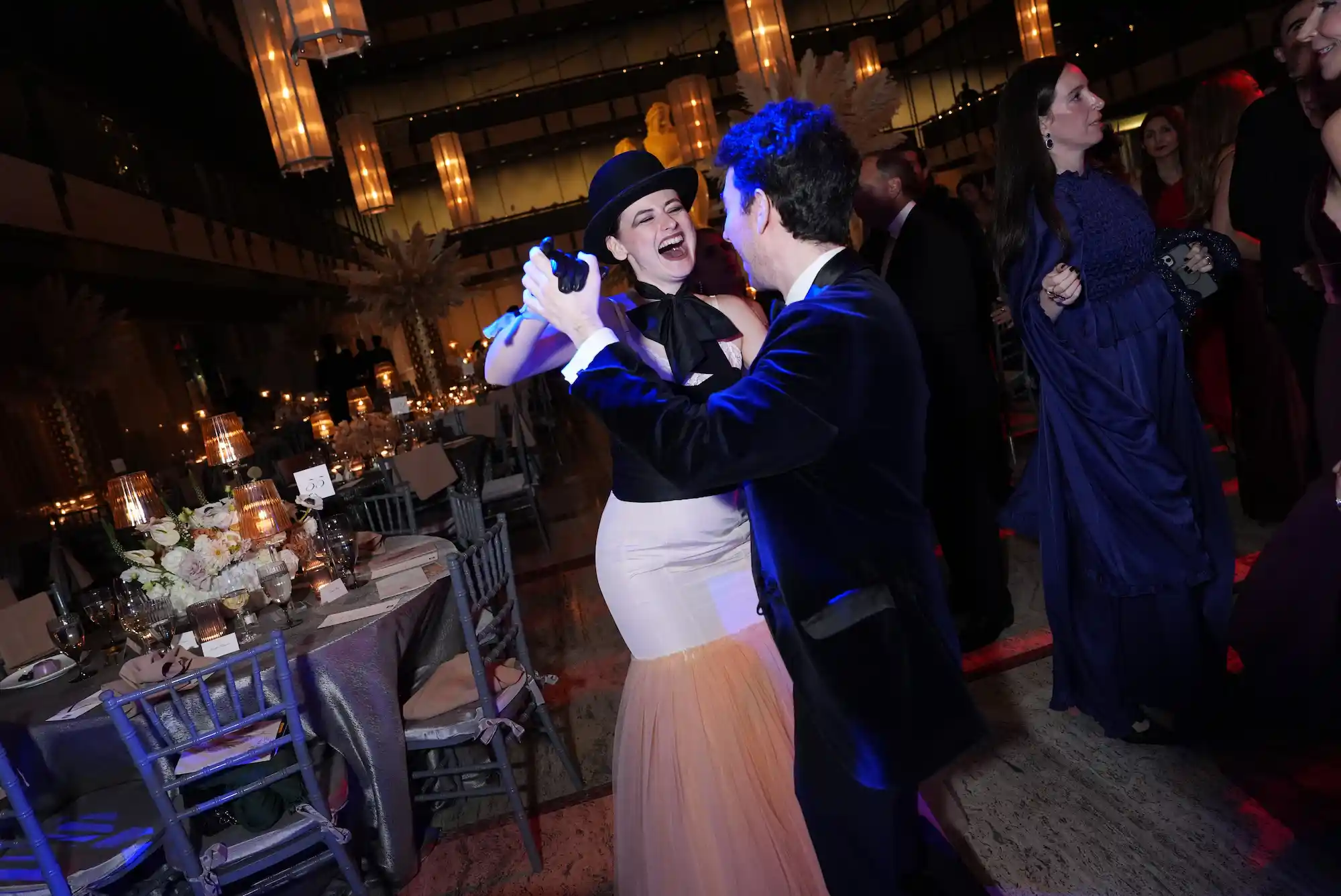
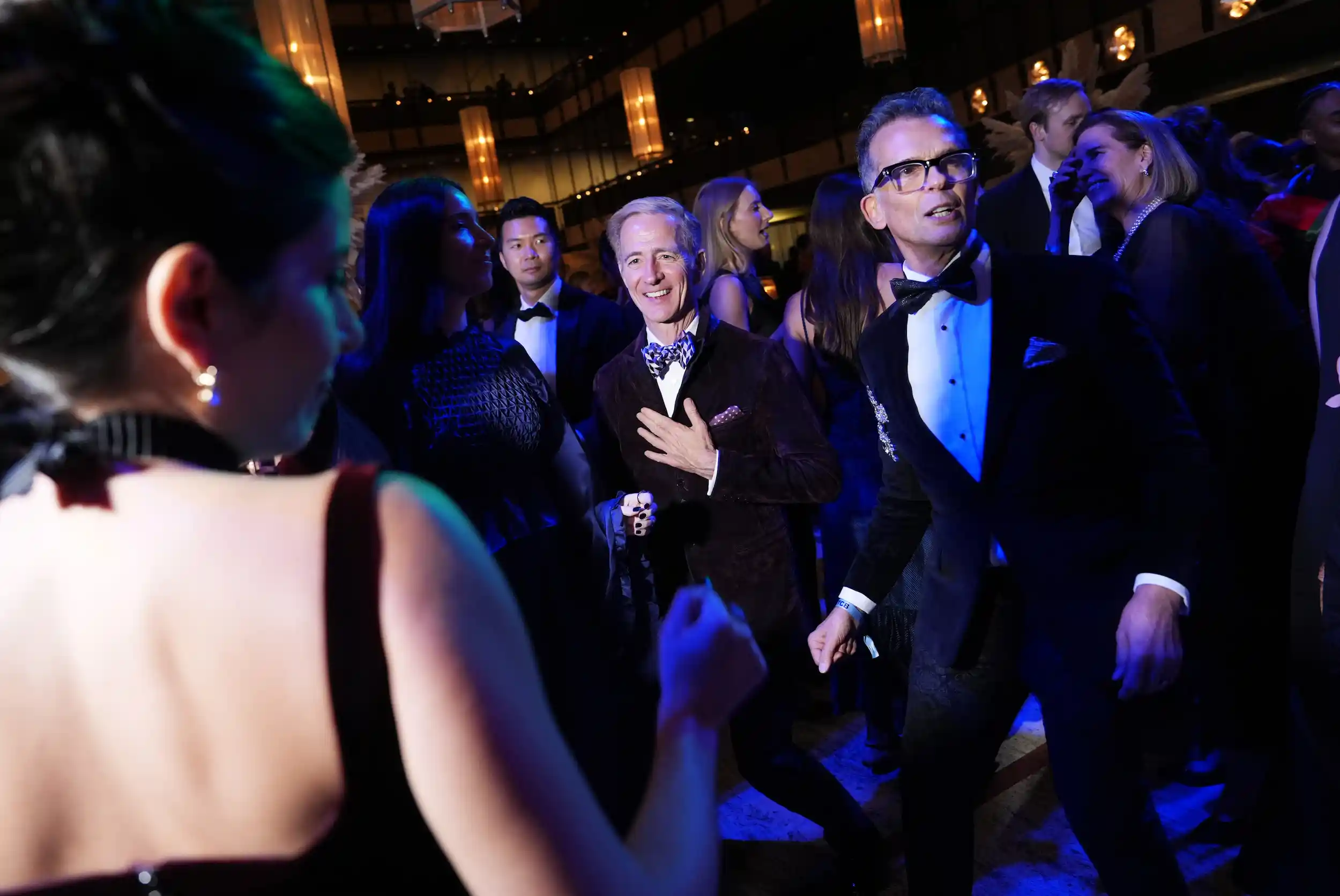
The Legacy of Elegance
The Fall Fashion Gala’s endurance lies in its ability to blur boundaries: between fashion and art, commerce and creativity, spectacle and sincerity. It captures the essence of New York’s elite cultural ecosystem: restless, visionary, and deeply performative. Each year, it renews a centuries-old alliance between wealth and the avant-garde, reminding the world that patronage is not merely generosity but a declaration of identity.
As guests drifted into the crisp October night, clutching their gilt-edged invitations, the city glowed around them like a stage still humming with applause. The evening had reaffirmed ballet’s place at the crossroads of high art and high fashion and New York’s role as the beating heart of both.
Because at its most refined, fashion is not just what one wears; it’s what one chooses to uphold. And on this night, under the gilded arches of Lincoln Center, the city’s most discerning patrons upheld something extraordinary: the belief that art, beauty, and society are forever entwined in motion.



